USCRI highlights systemic forced labor of Uyghurs in East Turkistan and China, affecting textiles, food, solar, and metals, urging U.S. and global action to strengthen enforcement and protect survivors.
The U.S. Committee for Refugees and Immigrants (USCRI) released a new report titled “Made in China: Forced Labor and the Uyghur People” on September 3, 2025, highlighting ongoing forced labor practices targeting Uyghurs and other Muslim minorities in East Turkistan (Named as Xinjiang Uyghur Autonomous Region in China) and across China.
The report details a system of repression involving arbitrary detention, surveillance, forced assimilation, and coercive labor transfers, which the U.S. government has described as genocide and crimes against humanity. Despite international scrutiny and enforcement efforts, USCRI warns that forced labor remains deeply embedded in China’s state policies and global supply chains.
Forced Labor Across Key Industries
According to the report, since 2017 Chinese authorities have detained over 1 million Uyghurs and other Turkic Muslims in so-called “vocational education centers,” which survivors and observers identify as detention camps. Detainees face indoctrination, religious restrictions, and coercion into labor.
Forced labor has been documented in multiple sectors:
- Cotton and textiles: East Turkista produces 20% of the world’s cotton.
- Food processing: Tomato paste from East Turkistan is exported worldwide.
- Solar industry: Polysilicon from East Turkistan feeds global solar panel production.
- Metals and construction: Aluminum, steel, and PVC supply international markets.
- Electronics: Uyghur workers are transferred nationwide under coercive programs.
Workers are frequently moved thousands of miles under surveillance, cut off from their families, and subjected to intimidation and abuse.
UFLPA Enforcement and Impact
The report underscores the role of the Uyghur Forced Labor Prevention Act (UFLPA), signed into law in 2021. The law presumes that all goods from East Turkistan are linked to forced labor unless importers provide “clear and convincing evidence” to the contrary.
Since its enforcement began in 2022, U.S. Customs and Border Protection has detained more than 16,700 shipments valued at $3.7 billion. The UFLPA Entity List now includes 144 companies across agriculture, mining, chemicals, and manufacturing. Priority sectors have expanded beyond cotton, tomatoes, and polysilicon to include aluminum, steel, lithium, copper, auto parts, electronics, drones, and more.
Despite progress, challenges remain. The blending of raw materials, circumvention via third countries, and lack of global harmonization in standards make verification difficult. The report also stresses that survivor support and protection remain minimal.
Key Recommendations
USCRI calls for:
- Tightening enforcement against circumvention and blended materials.
- International coordination with the EU, UK, Canada, Mexico, and Australia.
- Support for survivors, including services for Uyghur diaspora communities.
- Legislative action, including passage of the Uyghur Policy Act of 2025 and the No Dollars to Uyghur Forced Labor Act.
- Corporate responsibility, urging companies to map supply chains to the raw material level, exit East Turkistan-linked sourcing, and avoid ineffective social audits.
- Civil society action, with continued documentation of abuses and amplifying Uyghur survivor voices.
“Enforcement has disrupted billions of dollars in trade, but forced labor affecting Uyghurs persists,” the report concludes. “Closing loopholes, aligning global standards, and centering survivor protection are essential to dismantle a system of repression that continues to harm the Uyghur people.”

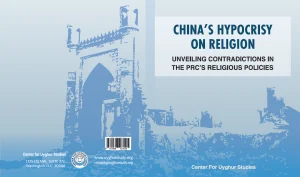

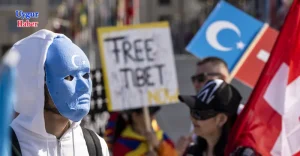
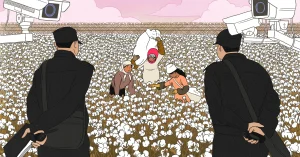

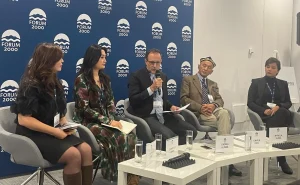
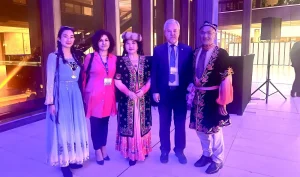

Be First to Comment